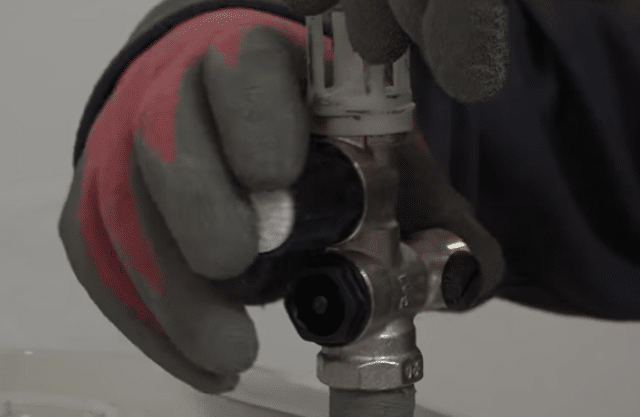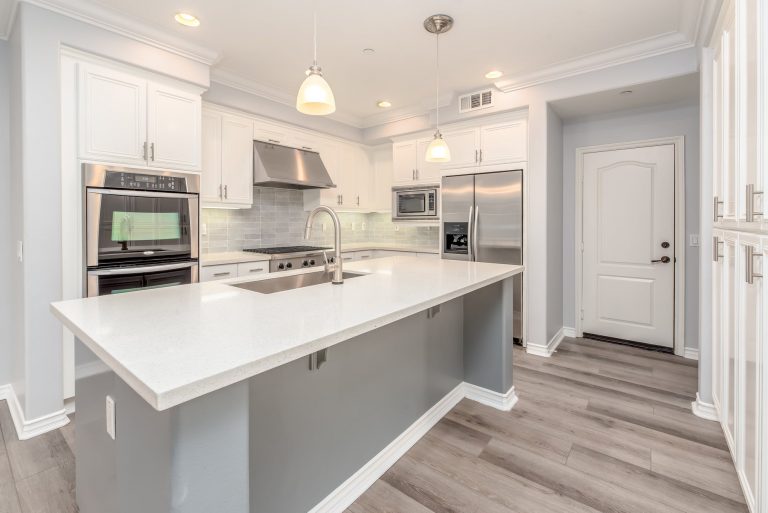What Makes Property Value Increase
What Makes Property Value Increase
Property appreciation in value is the end goal of most real estate acquisition. When people buy a real estate property, they do not expect the value will stay the same, or worse, reduce in value. They hope to make a profit should they decide to sell it in the future.
Expectedly, the more the value of your home appreciates as the years go by, the better for the investor or end-user.
The factors that drive the increase in value of a property are interesting. This is because what makes the value of a property to increase range from economic to social factors and even some unexpected reasons. Also, you may play a part in the appreciation or depreciation in the value of your home. However, some factors are totally out of your control.
READ: Best water softener for an apartment
Here are some of what makes property value increase;
1. Real Estate Business Drivers
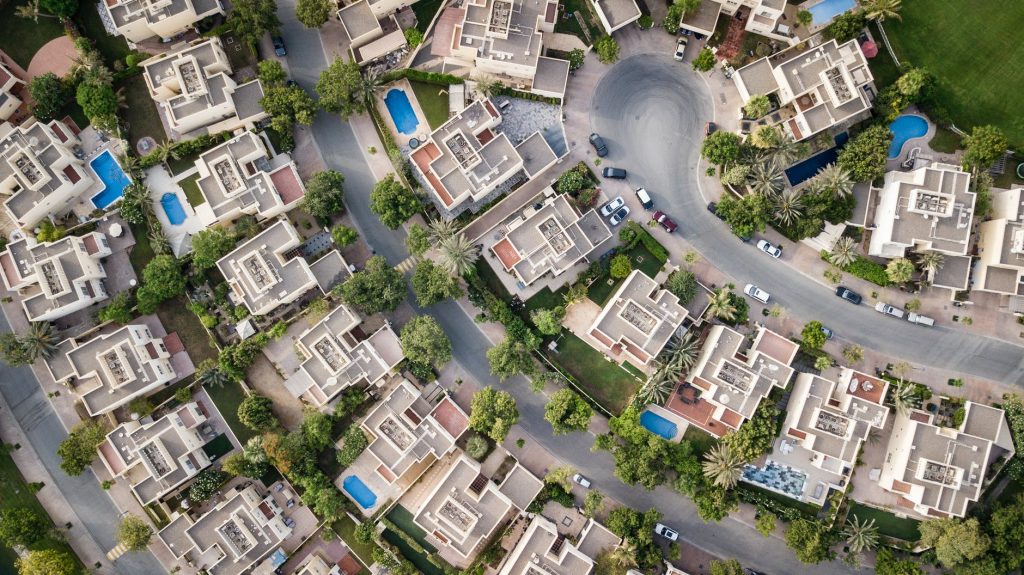
Business or market drivers are the underlying forces that coerce consumers to buy. Market drivers are trends that make property markets develop and grow. These drivers could include the proximity of your property to schools, churches, hospitals. And other establishments that contribute to the convenience of home-owners.
2. Supply and Demand

The law of supply and demand is ageless and remains unchanged. It affects the increase in the value of your property in the biggest way. It is perhaps the number one reason a property value goes up. If the needs of a community or area are more than the properties, then the value of the existing limited properties automatically will go up. People are also willing to pay more if living in that area is appealing. Hence property investors feel convinced to invest in homes in such areas because of the potential of selling at a higher price in the future.
3. Population Expansion

When there are more people, demand for housing will also go up. In all parts of the world, when people move to an area because of the availability of opportunities. Or other reasons that influence migration, the value of properties will appreciate. This increase in property value is also driven by supply and demand.
4. Quality of Education in the Area

When families are thinking of buying properties, the quality of schools in the area is key. It is one of the first questions they used to assess the viability of a property. Young families especially will always choose a property that is in an area where their children will get the best education.
School districts performance is graded by the state and other ratings that are available online. This rating either drives property values if they are great or down if they are not so good. An area with high-performing schools could experience a surge of demand from buyers.
5. Jobs

There is a strong correlation between the availability of jobs and the increases in the value of property in an area.
When new jobs are created in an area, the property market also experiences a boost. This is because the financial stability of home buyers will reflect on the choice of property they invest in.
Property value goes up in areas experiencing increased financial strength. The availability of job opportunities increases the aspirations of property buyers. Houses closer to business districts are also expected to be of higher interest to buyers.
6. Cost Of Credit
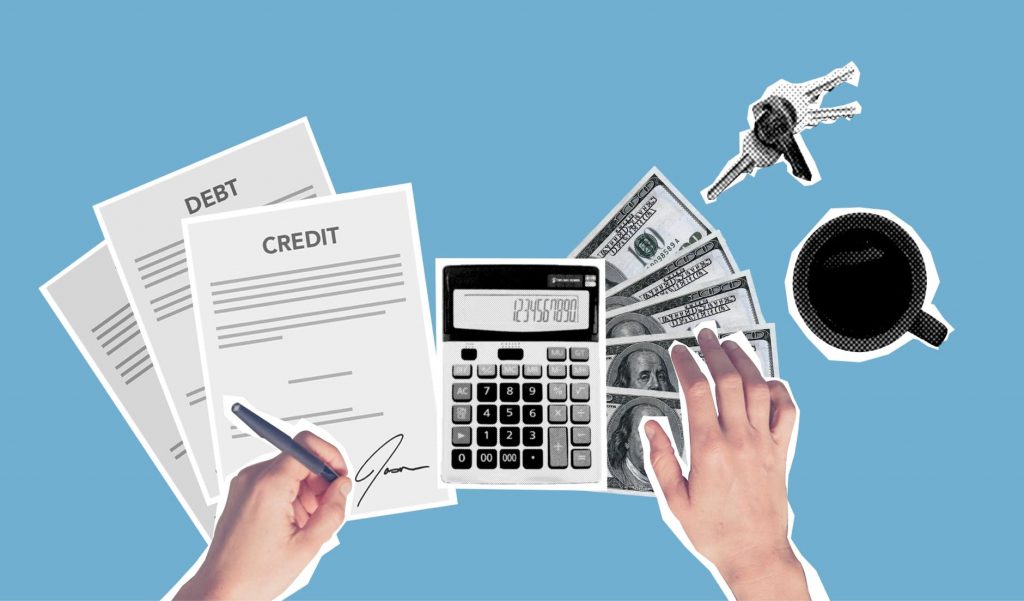
An increase in interest rate has a direct impact on the value of properties. Either an increase or decrease in home loans affects real estate value.
When interest rates go down, there is an increase in interest in property investment. This is because the property becomes more modest. The result is a higher demand for property.
And vice versa: when interest rates go up, property prices go up. This, of course, does not lead to increased demand for properties but soar in value.
7. The Condition of the Property
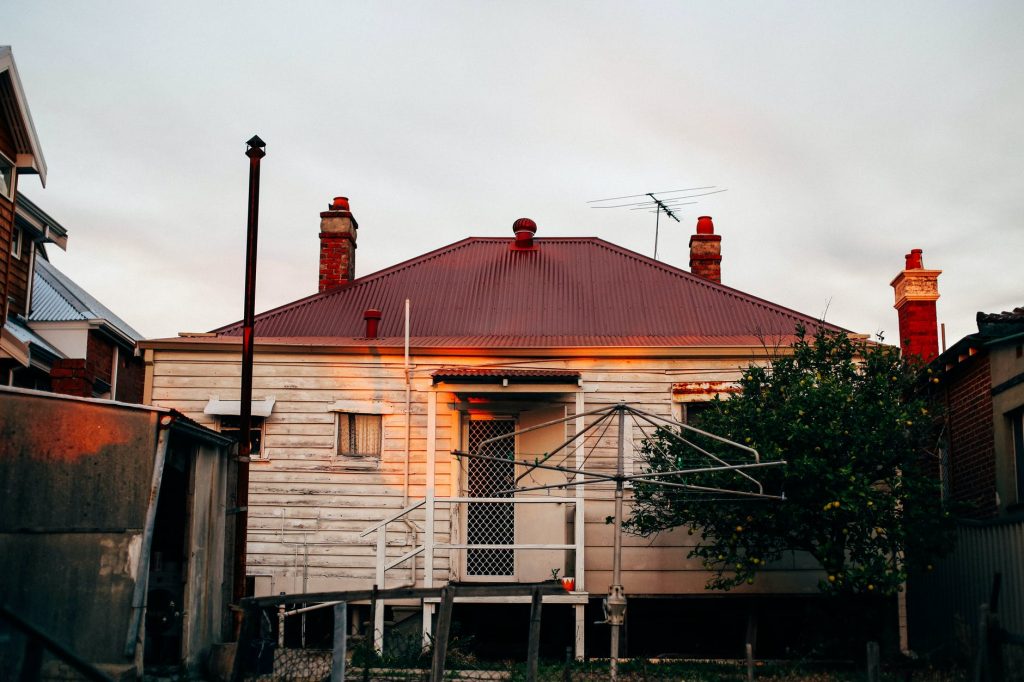
The age and condition of a property an important determinant of the value of a property. The aesthetics of property determine how much a property investor or end-user will pay for it. Though home appraisers look at the condition of the property closely, home-buyers look at things like paint and furniture. Both are equally important in determining the value of a property. If a property is well maintained, it will attract better prices. People will rather pay more for a well-maintained structure than a cheaper house that will cost more to renovate. Thus, a property value can increase based on its condition when assessed.
8. Proximity to entertainment and nature

Most people may not think much of this, but the proximity of a property to relaxation areas can increase its value. Nobody wants to drive 1 hour to get to a cinema or a park. According to research conducted by the University of Washington, homes nearest to parks hold an 8% -20% increase in value compared to others.
This value boosts reducing to zero for homes located farther away. Especially in Urban settlements, homes closest to parks and greenery are increasing in value.
9. The Age of the Property
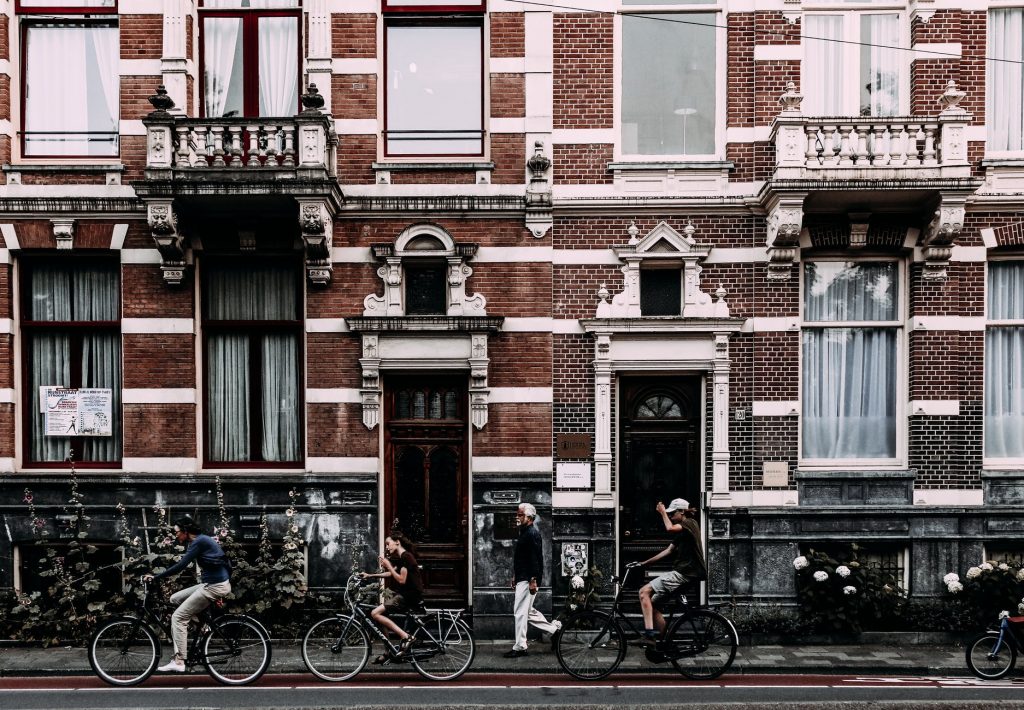
The age of a property influences the price you can ask for it. When people are buying a property, they care about the quality and design of the property. Does it meet modern standards? Smart homeowners maintain their homes and upgrade or renovate to keep up with the changing aesthetic demands of today’s buyers.
Properties that are maintained command better prices in the real estate market. A few ways you can ensure the value of your property does not drop is;
By repairing or upgrading your roof to new ones,
installing energy-efficient accessories
Upgrading your kitchen and bathroom fixtures to reflect modern and aesthetic appeal.
10. Remodeling Property
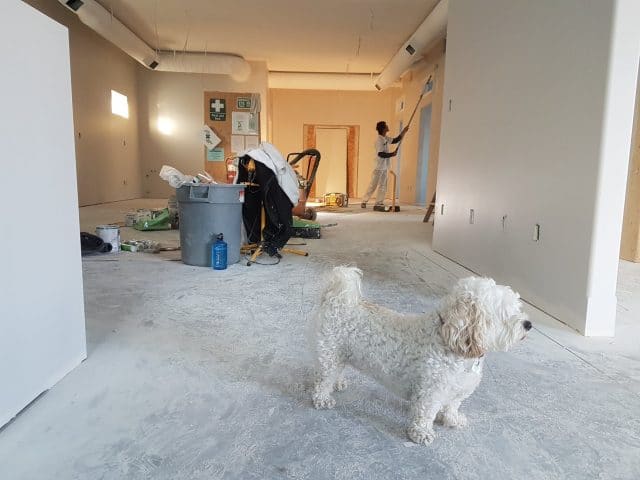
Most property buyers are not looking for vintage or old glamour. They want a home that is tasteful and easy to maintain. Remodeling a property is a great way to upgrade it and increase its value.
A remodeling project is not a total overhaul, but changing certain aspects of the design and layout of a property.
Actions such as a change to an open floor plan, remodeling the kitchen, adding modern finishing, replacing old appliances with new ones, and extra lighting in the property. These can boost the value of a property immensely.
11. Influx of Commercial Development
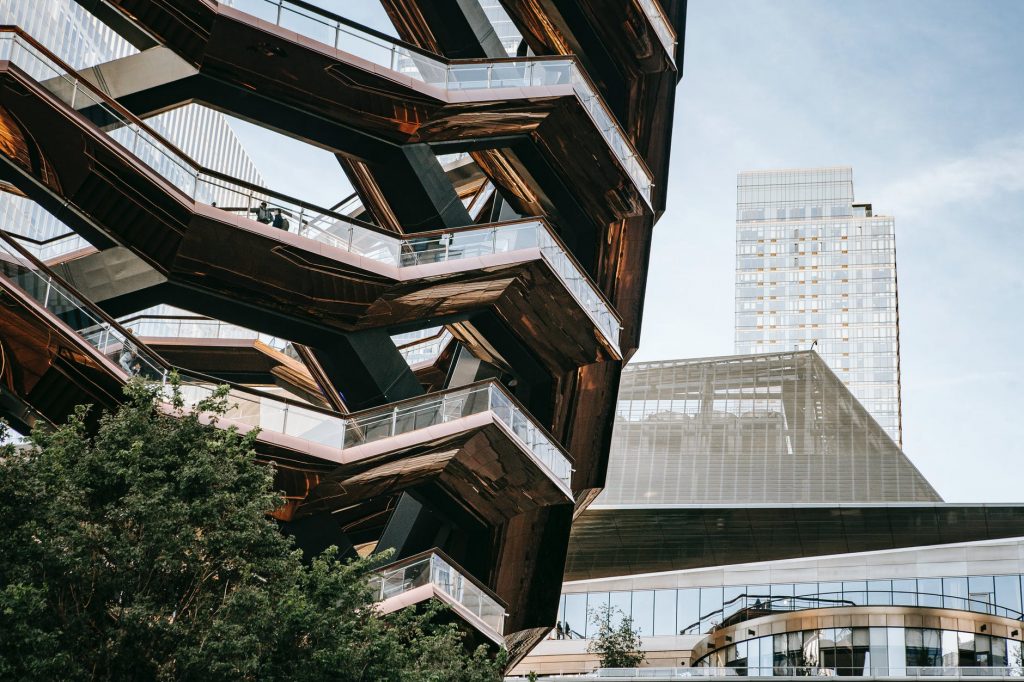
Though what causes a property value to increase is usually a cocktail of actions. We note that commercial development drives the value of the real estate. Shopping malls and modern business speed up buyer interest or demand to areas.
The proximity of a property to a business centre will affect its price. At the heart of a property, buying decisions is a need for simpler living and convenience. Nobody wants to spend hours running errands that should take less time if the businesses were just around the corner.
Properties closer to retail supermarkets are research-proven to have a marked increase in value faster.
12. Changes in Regulations
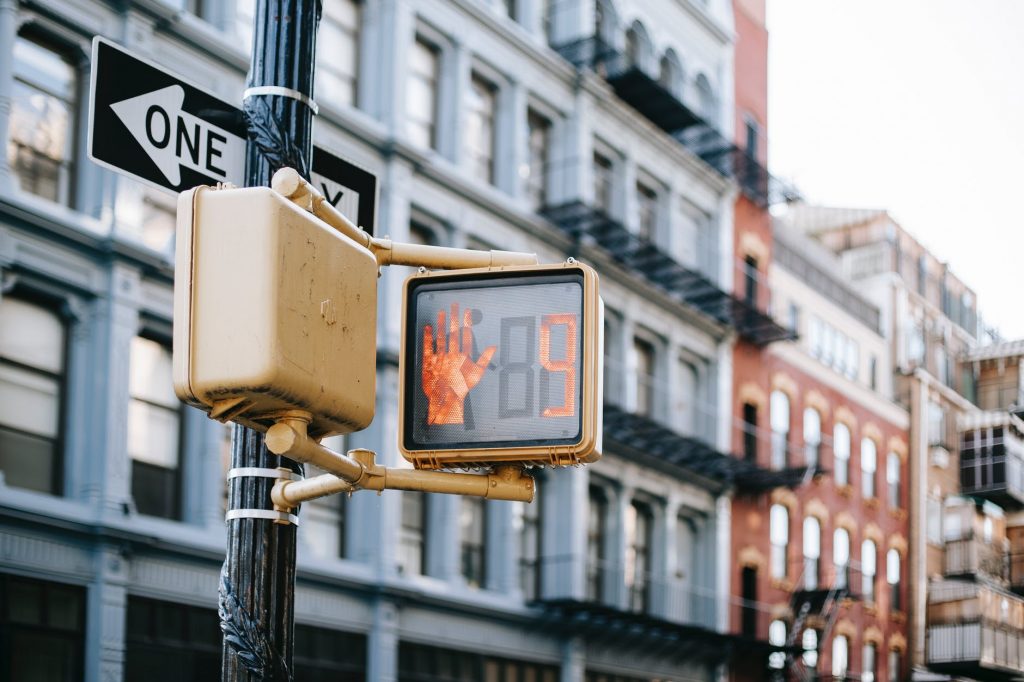
When cities make changes, no matter how small in zoning regulations, the value of properties can go up or down.
Zoning regulations are used to determine the use of different land areas. These laws give the directive on which areas can be for residential or commercial uses. Property values respond to these changes. A typical example is a commercial area being rezoned to a residential area. There will be an increase in the demand for property, though this is entirely possible if the area is appealing aesthetically to buyers. Also, if there is limited availability of real estate, the value of the property will increase accordingly.
13. Proximity to Transportation

We often think that the real estate value is tied to economic stability. But often it is driven by something as simple and unexpected as the proximity to the bus stop. Like we noted before, convenience is at the heart of a lot of buying decisions. The closeness of a property to a busy public transport location can drive its value up by up to 42 percent, according to the American Public Transport Association (APTA). Being at the centre of the city means you can get anywhere faster, and this is one perk that buyers value.
14. Increase Usable Size of The Home
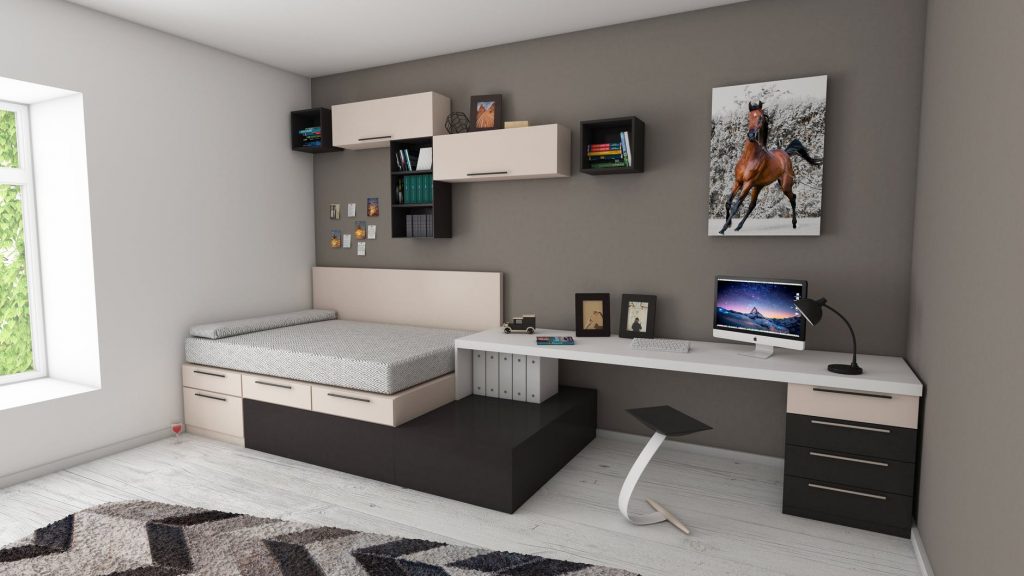
By upgrading the usable square footage or size of your home, you increase the value in the eyes of a buyer. This increase could come in form of a furnished attic or including an extra room. Simple as it sounds, but this could raise the value of your property. Other areas such as bedrooms and bathrooms increase the value per square foot of the home.
To determine the value of your home is easier than ever. With the availability of online automated valuation models. You can also conduct your research with tax records, MLS listings. A real estate agent can also help you with a critical analysis of the value of your home. Armed with the right information, you will know the actual value of your real estate.

